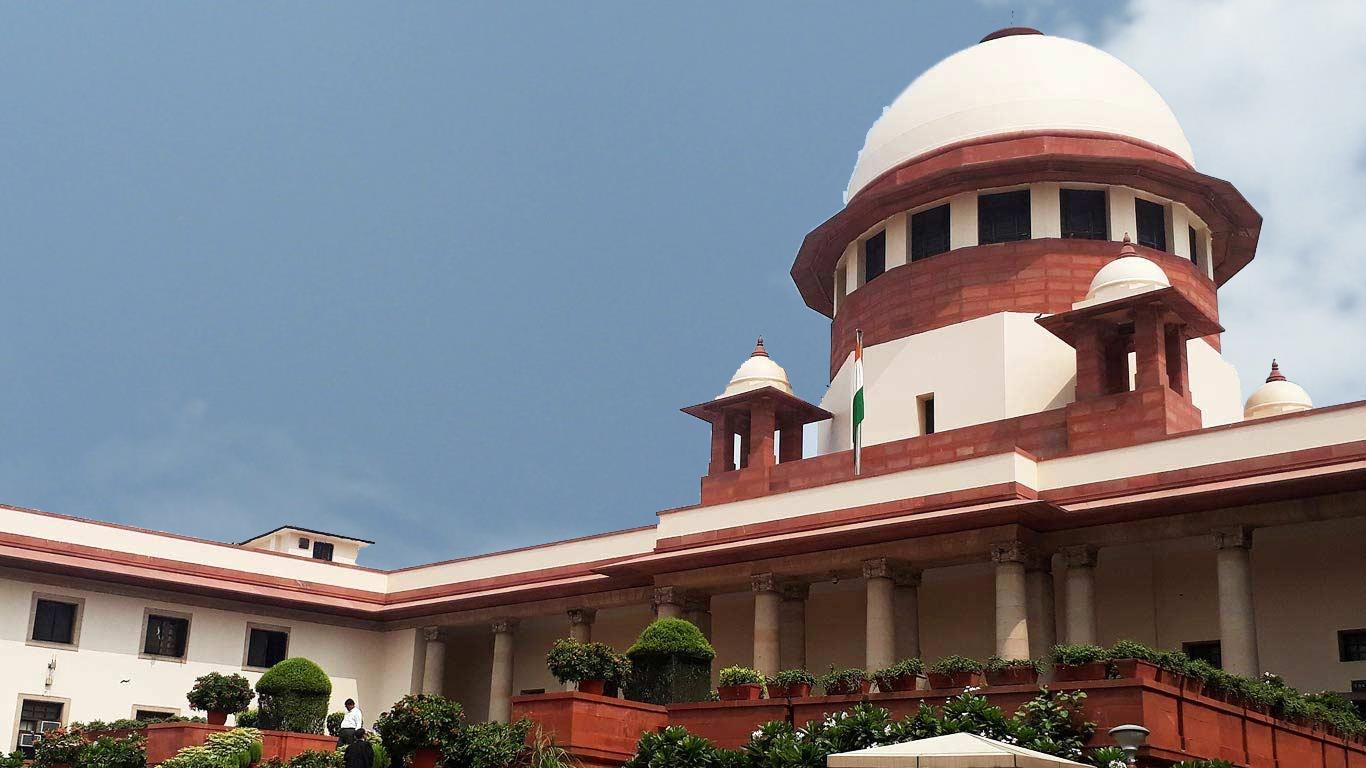
Supreme Court Seeks Responses From UP And Uttarakhand On Gender-Discriminatory Inheritance Laws
This PIL, filed by Shweta Gupta and represented by her counsel K.C. Jain, challenges provisions under the Uttar Pradesh Revenue Code, 2006, which restricts daughters' and widows' inheritance rights in both states.
A three-judge bench, headed by Chief Justice of India D.Y. Chandrachud, issued notices to both states after hearing the petitioner's argument that these laws perpetuate discrimination against women, violating their fundamental rights.
The PIL references a 2019 Supreme Court petition that similarly sought to amend the Hindu Succession Act to eliminate gender-biased inheritance laws.
Under Section 109 of the UP Revenue Code, 2006, if a woman inherits land from her father and subsequently passes away, the land is transferred to her husband's heirs rather than her own family.
Additionally, daughters who inherit land lose ownership rights upon marriage, and widows who remarry are divested of land inherited from their deceased husbands, with the property passing to the next male heir of the last male owner.
The petitioner raised critical questions about the constitutionality of these provisions, arguing that they impose an unequal burden on women by allowing marital status to determine inheritance rights. In contrast, no such restrictions apply to men.
"Can a female's marital status justify denying her an inheritance when the same is not applicable to men under the UP Revenue Code?" the petition challenged, highlighting the discriminatory implications of current inheritance laws on women's economic security and autonomy.
This case reflects ongoing legal struggles in India over inheritance rights for women, where customary laws have historically favoured male heirs.
The 2005 amendment to the Hindu Succession Act was a landmark move to recognise daughters' rights as equal to sons in Hindu families, but many state laws still contain remnants of patriarchal practices that obstruct women's rights to inherit and manage family property.
The Supreme Court's decision to examine these provisions comes amid broader national and global movements advocating for women's property and inheritance rights.
If the bench rules in favor of the petition, it could have significant implications, not only for women in Uttar Pradesh and Uttarakhand but potentially across India, as it might set a precedent for other states to follow.
(KNN Bureau)
Legal Disclaimer:
MENAFN provides the
information “as is” without warranty of any kind. We do not accept
any responsibility or liability for the accuracy, content, images,
videos, licenses, completeness, legality, or reliability of the information
contained in this article. If you have any complaints or copyright
issues related to this article, kindly contact the provider above.


















Comments
No comment